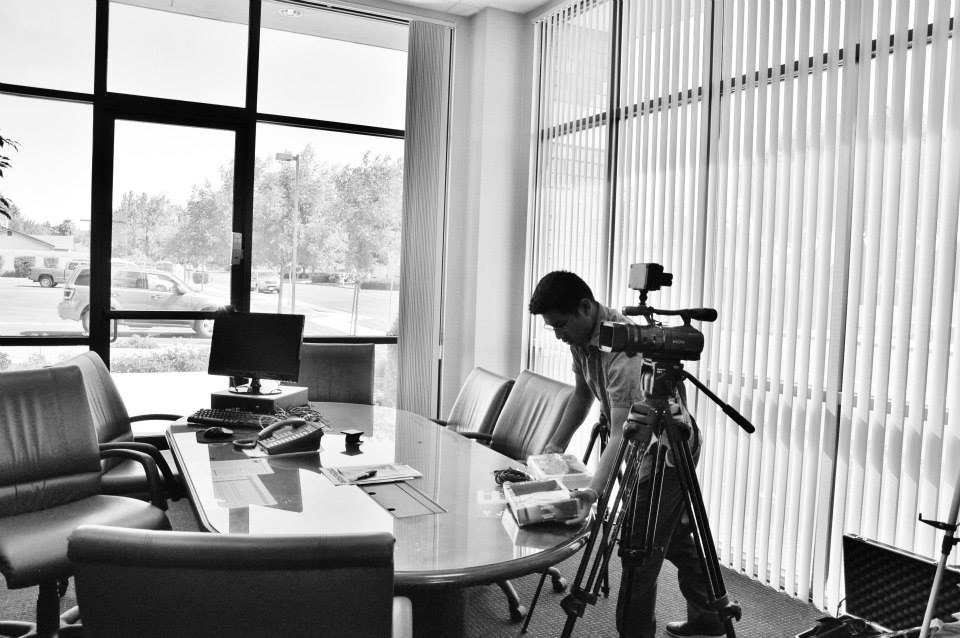“I want to deliver a message that says, ‘anyone who is willing to succeed can succeed.’ To help the community and to be an example for my siblings as well as to support my family – that is the foundation of my dreams.”
In 2004 José Eduardo Chávez crossed the Sonora Desert with his mother in search of a better life. He was 10 years old.
José’s fortitude was ignited long before his birth when his mother left her home at the age of 11 to find work in Mexico City. After years of struggling in a dangerous environment, and the birth of José as the result of an assault, Odilia Chávez had saved enough money to go to the United States where she hoped to establish a better life for her young family. She brought José to her home town of Santiago Yosondua Oaxaca, where he would live with his grandmother and await the day when his mother would return to take him to the U.S.
The years without his mother were difficult and lonely. José would rise before dawn to collect wood so his grandmother could make tortillas for the family’s breakfast, lunch and dinner. He helped take care of the cattle and goats, then walked 2 hours to school, walked 2 hours back home for dinner, bed, and another day. There were no cars. No TV. No internet. Jose would not see these things until he traveled to California.
Crossing Over
After a long bus ride to the Mexican/U.S. border, where all the passengers were robbed at gunpoint, José and his mother began the long and dangerous journey across the Sonora desert. “I was amazed to see all the people who were willing to leave their homes and their country for a better future, not knowing if they would survive to reach the ‘American Dream’.”
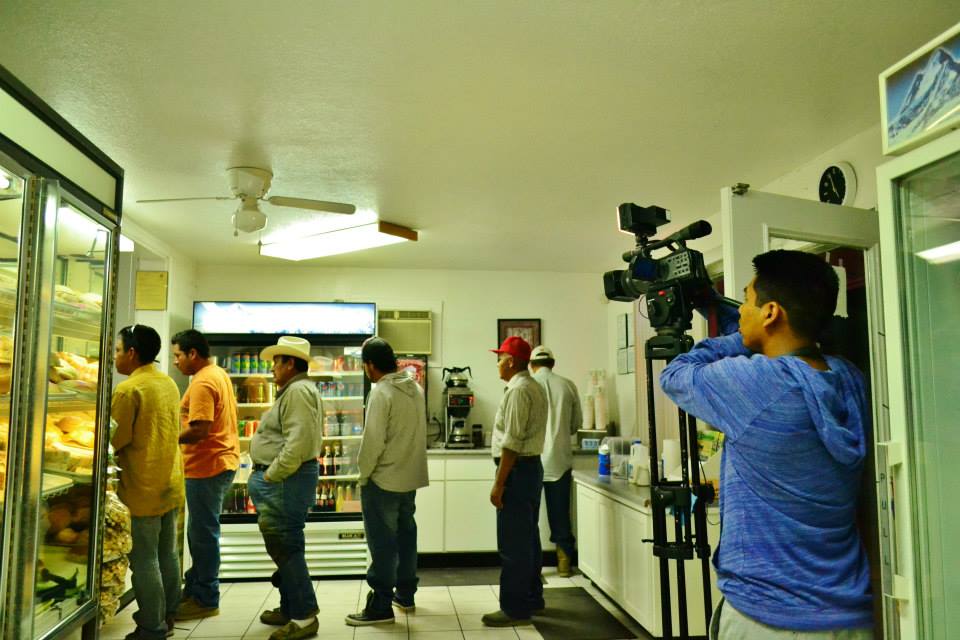
With temperatures well over 100′ and the fear of being discovered by border guards, the group traveled only at night. Unable to carry enough water to sustain their long journey, José survived by chewing on cactus leaves, until finally, they reached their destination.
Madera, CA is a city in the San Joaquin Valley that was established in 1876 as a lumber processing location. 137 years later, Madera remains a place of industry with Hispanics and Latinos comprising over 75% of the population and primarily working in service or manual labor jobs. José settled there with his mother, who to this day works in the fields picking fruits and vegetables.
For many years José’s life here would be similar to what he’d know back home. During the raisin-grape season he would wake by 3am to help his mother prepare meals for themselves and a group of fellow farm workers, then go off to school and return to the fields in the evening. Although children were not permitted to work in the fields, José would disguise himself to avoid being seen by the farm crew leader, and sneak into the fields to help his mother meet her quota with more ease.
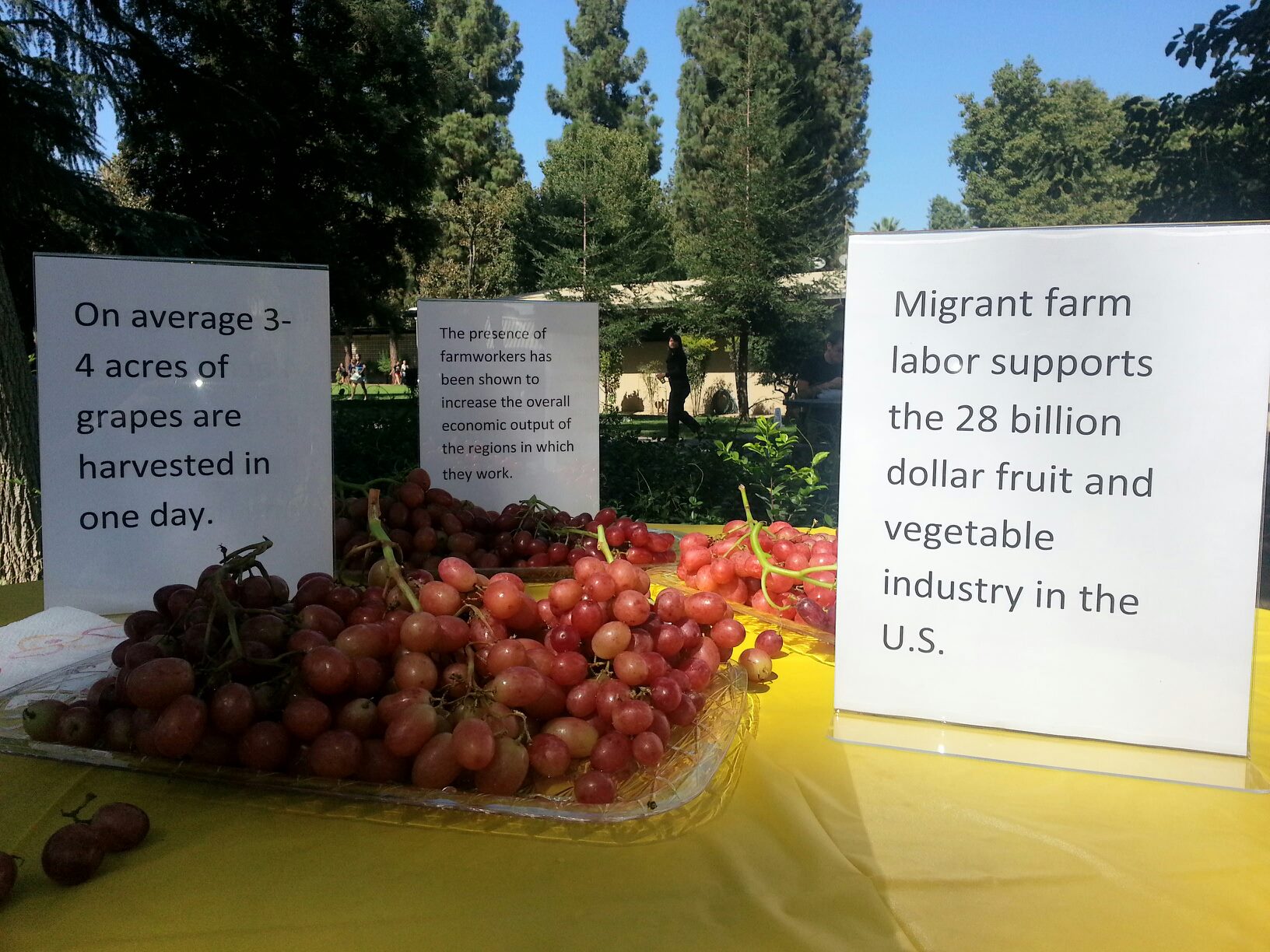
Discovering His Path
In 2005 Odilia and her new husband welcomed a son into their family. With his immigration status in question, José’s stepfather voluntarily returned to his home state of Morelos, Mexico, where he would work as a police officer and attempt to legally regain admission into the U.S. Two years later he was murdered by the drug cartels in Mexico. Again risking their lives, and at great expense, José and his mother crossed back into Mexico to pay their respects.
It took 7 attempts and over $13,000 in coyote fees to get back into the U.S. and resume the life they had begun 4 years prior.
In learning José’s story one would think that every day has been incredibly difficult and filled with challenges. It is. But José’s optimism, faith, and relentless drive carry him through each challenge. In spite of a list of injustices and tragedies that seem insurmountable, José is more resolved than ever to focus on the positive and press on to create a better life for himself, his family, and others like him. “My Mom taught me to be that person. She is a very hard worker and showed me how to apply myself.”
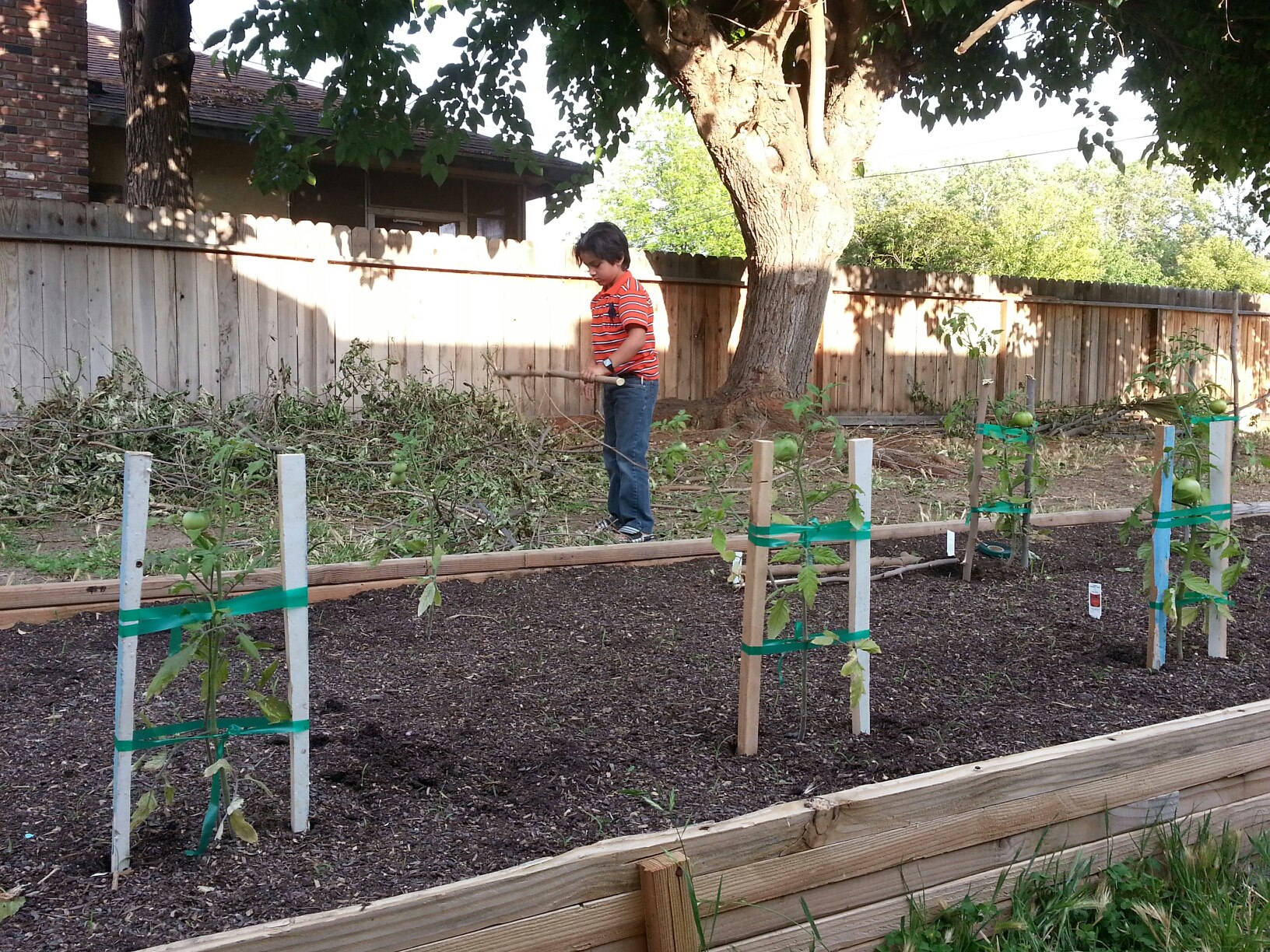
In the 10 years that José has lived in the United States, he has amassed a list of accomplishments that some may not achieve in their lifetime. “I want to deliver a message that says, ‘anyone who is willing to succeed can succeed.’ To help the community and to be an example for my siblings as well to support my family – that is the foundation of my dreams.”
Comparing his generation of young immigrants to the United Farm Workers, and the Braceros before them, José believes his calling is to champion Immigration Reform.
In February 2010, José joined the Central Valley Youth Coalition for Comprehensive Immigration Reform (CVYC4CIR), a group of 7 college students from the Central Valley. José was a sophomore in high school. By the end of March he became their Community Outreach Coordinator, and by the end of May and the successful completion of the RIFA (Reform Immigration for America) campaign, he was elected President of CVYC4CIR by his peers. Under his leadership, the CVYC4CIR took action against SB 1070 in Arizona, and worked to support the federal DREAM Act.
José was an Avid (Advancement via Individual Determination) student for four consecutive years, a President of MAYA (Madera Academic Youth Alliance), Historian of the Central Valley Youth Association, an active member of the American Experience club, co-founder of Unidad Oaxaqueños, and President of United Farm Workers Youth Committee in Madera. He was also the Treasurer of the Associated Student Body.
During his junior year of high school José interned with the Youth Leadership Institute in Fresno, CA. Although he had devoted a lot of time to organizing his community around immigration issues, his work with the YLI Community-Based Programs staff showed him the myriad of challenges affecting the Central Valley. As part of a local alcohol prevention campaign José performed research and assisted the staff during trainings. The experience proved to be a valuable one, introducing José to an established network of individuals and coalitions dedicated to upholding social justice and racial equity.
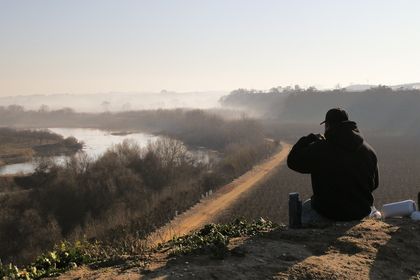
Roots and Branches
Combining his love of farming and helping others, José recently piloted a small community garden with the members of his church. Located in an impoverished area, the communal garden offers all a chance to grow their own food and learn how to work together to make small changes.
On a much larger scale, José has dedicated a significant amount of his time to chronicling and sharing stories of fellow Oaxacans’ experiences while carving out new lives in the United Sates.
Dubbing themselves “The Oaxacalifornia Reporting Team”, José and a group of immigrant youth conducted a University of California Participatory Action Research project, and will be presenting their findings in a book titled Voices of Indigenous Oaxacan Youth in the Central Valley: Creating Our Sense of Belonging in California. The book will be releasedon August 3rd, 2013 in Fresno. This two-year Participatory Action Research project documented and analyzed the civic engagement decisions and practices of Mexican indigenous migrant young adults in the central region of the San Joaquin Valley (Madera and Fresno Counties). The research team is a group of seven indigenous Oaxacan youth who are active members of youth-led organizations in the Central Valley. Professors Jonathan Fox of UC Santa Cruz and Gaspar Rivera-Salgado of UCLA mentored the team with their support and guidance throughout the project.
In September 2013, José’s documentary film, The New Gold: How Much Are We Worth?, about the experiences of farm workers everywhere will debut, and one of his photographs was recently published in a National Geographic Magazine article about Mixtec Mexicans, an indigenous race of Mexicans who are often misunderstood for speaking their native tongue of Mixteco rather than Spanish.
As a qualified beneficiary of the DREAM Act, José will be able to apply for permanent resident status upon completing 2 years of college. Working as a photographer and videographer, José earned enough money for his first year at Fresno Pacific University, where he studies Political Science and is involved in student government.

